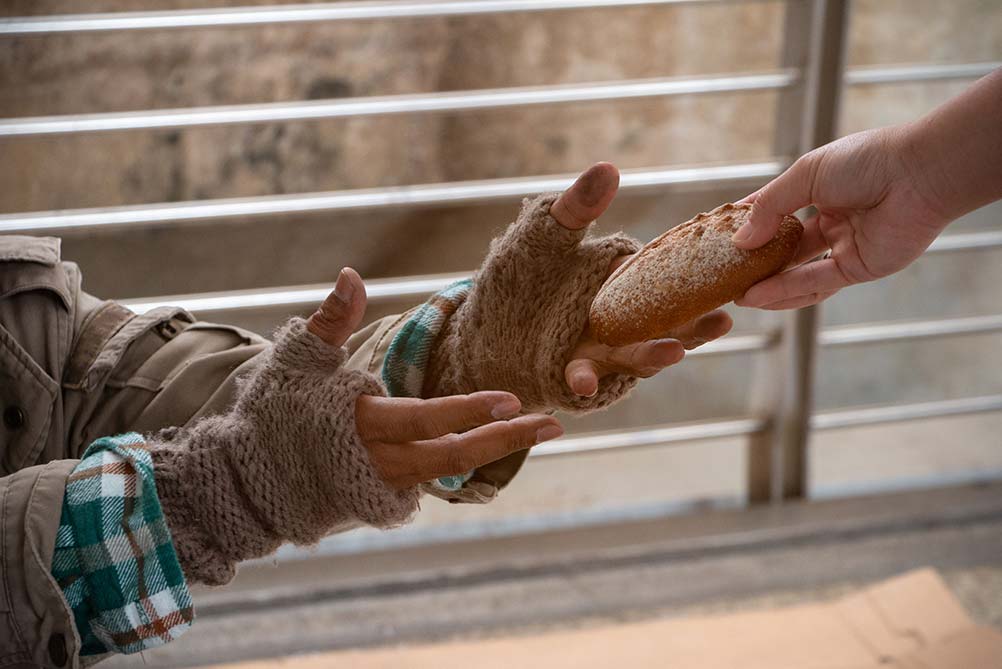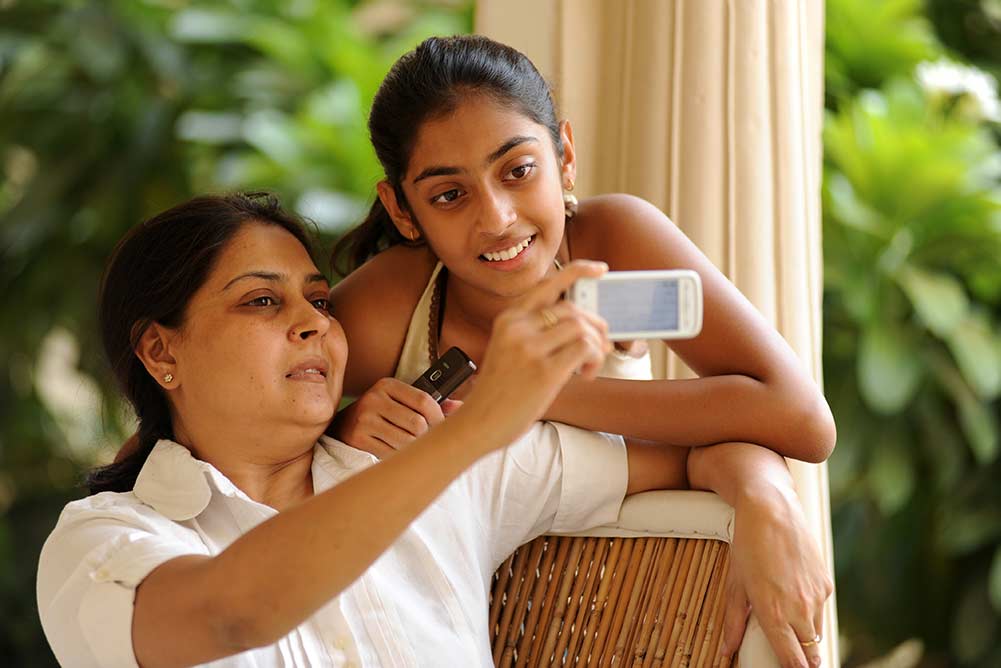As you walk through India’s bustling streets during Diwali, it’s hard not to feel the magic of the season as the city transforms into a sparkling illusion. Shops and stores deck their windows with extravagant displays offering hefty discounts on everything from apparel to gadgets to cars to houses that make you stop and stare. The smell of sugar and ghee from sweet shops, strings of lights illuminating the night sky, adding festivity to, yet also softening the already bright skyline. However, it’s important for all of us, especially children, to reflect on what the festive season is really about – giving, receiving and appreciating, spending time together, and helping others.
Gratitude, sharing, caring and loving is at the heart of what festivities are all about. How important is it to you that your child understands about giving back and appreciating as much as they do about receiving? Learning appreciation and sharing is an evolving, sometimes complicated process for kids, as with all developmental traits, the age at which a sense of gratitude appears varies from child to child. We asked moms to share their experiences on the best way to teach children the art of giving back.
Don’t shy away from conversations on poverty

Sheetal Parekh, 36, mother of two said, “When I was young, I remember waiting at the traffic signals and watching kids my age begging for money to feed themselves, their faces filled me with sorrow. I always wondered why so many people who were more privileged drove them away. Later my stomach would feel tight and upset and I found it hard to eat. When I asked my parents about the kids they would always ask me to stay away, not to let them touch me, not to engage in conversations with them. I share this because so many people my age had similar experiences growing up.” Parekh further added, “Unfiltered, my child mind interpreted the world divided into two—clean people and dirty people. What I would’ve liked to learn was about poverty and how some are less privileged and how I should be appreciative of what I have and learn to be compassionate towards others.” As Sheetal got older, she gave to charity, but was also faced with guilt “I felt anxious about that giving. The guilt that I felt led me to avoid thinking about years of me being ignorant. Guilty giving does help because it leads to money going where it needs to go. But guilty giving is not generous giving.”
Poverty is a multifaceted issue that can stem from a variety of reasons that are too difficult for young children to understand. But even though issues surrounding hunger and homelessness are complicated, it’s important to talk to your kids about it. Kahini Mondal, 29, says, “I always look for opportunities to address the subject. Be prepared to answer tough questions and never leave a question unanswered. When your child asks questions, it’s a sign they are ready for more information. Kids don’t understand money or economics. Offer simple explanations; some people aren’t able to earn enough money to buy food or a home to live in.”
Pay attention to your actions and words

The things you do, as well as the things you don’t do, will send your child messages about the world. For example, if you don’t let your house help use the washroom or treat them badly or even ill-treat an animal, your child may assume people coming from a certain background or people who have less strength than you are beneath you. Sheetal explains, “Explaining our actions to children is very important. It is important to explain why you don’t give strangers on the street cash. Tell them how you prefer to give back.”
Gargi Seth,32, mother of a 5-year-old recounts an incident where her advice backfired, “It’s important to avoid sending a message that implies hard work always prevents poverty. I once told my kid - I work hard so we can live in a nice house, and he assumed that people living on the street must be lazy.”
Meaning of gift-giving through action

When we begin to teach kids about giving back, it is important to give them an accurate worldview.
Kahini explains why volunteering as a family is important. “It shows our kids how much we value it. Try helping at an orphanage, visiting a home, or any of the many wonderful volunteer opportunities in most communities. This builds character makes kids appreciate their lives and their privilege,” she explains.
Family projects that involve giving to those in need can be turned into powerful lessons that teach compassion, empathy, and meaning to children. “Donating is an annual Diwali activity in my household,” says Shikha Thakker, 38. “A month before Diwali, my girls and I spend a weekend sorting out our belongings. We donate unused toys, books, clothes, to a local orphanage. It is like a tradition. Getting your kid engaged is the first step, everything else follows.” Shikha also recommends discussing the experience as a family. “What did you like about helping others? What was hard about helping others? What did you learn? Should we do this more often than just during Diwali? You will be surprised by the answers.”
Don’t turn gift-giving into an ‘exchange relationship’

Ritu Taneja, 43, believes that teaching children to focus on the positive and appreciate the good in their lives is perhaps the greatest gift we can give them. Taneja expresses, “We can all learn together that the things that really matter aren’t on sale at a mall. I stopped expecting a thank you from my teenager in exchange for materialistic gifts years ago. It feels forced and there’s no sense of gratitude in there. From a teenager’s viewpoint, it’s a parent’s responsibility to take care of the family. A gift is no longer something given freely and voluntarily it’s just mom and dad living up to their obligation. And who’s going to be grateful for parents doing what they’re supposed to do?”
In her 15 years as a parent, Taneja has learnt that children are more likely to be grateful for experiences than for material possessions. “We do have the right to demand good manners. Children should know to say thank you to everyone who gives them something. But kids can’t know how to appreciate the gifts and their lives unless they have a basis for comparison. And they don’t learn that by an adult nagging them about being ungrateful. We need to give our children the gift of a broader worldview,” she says.